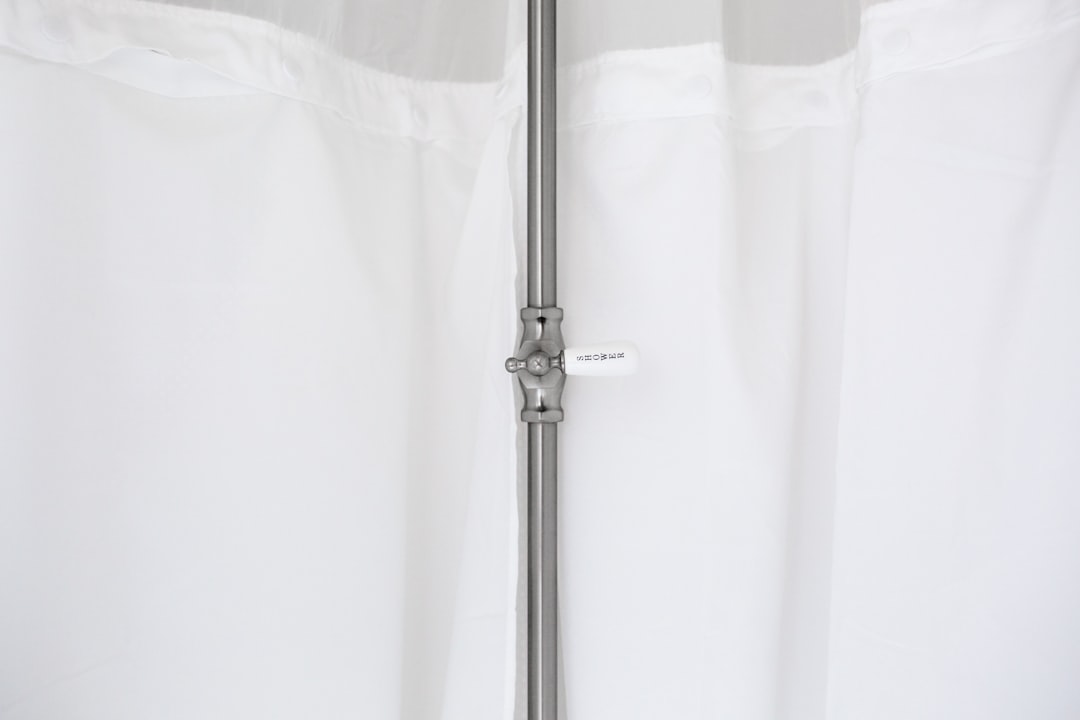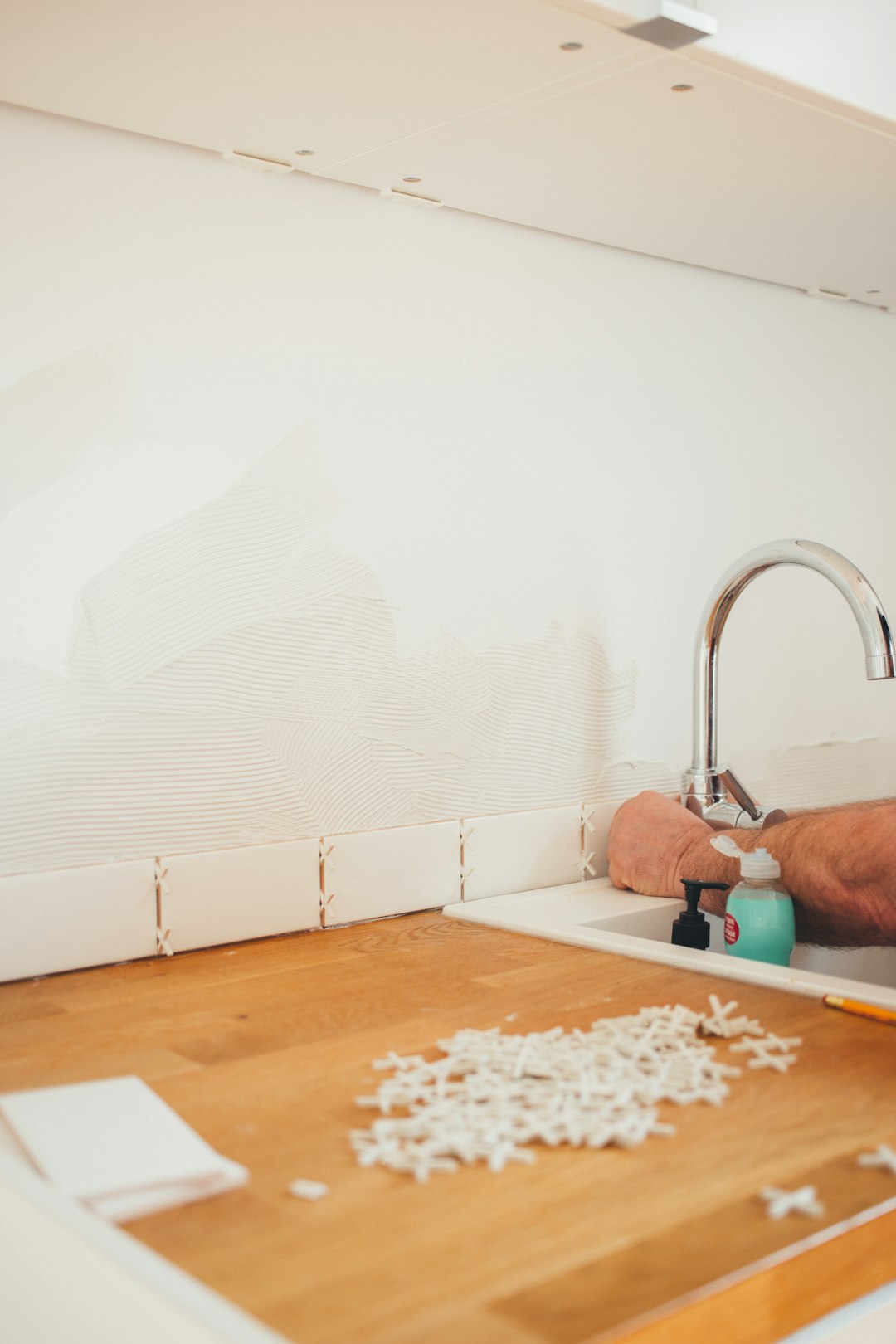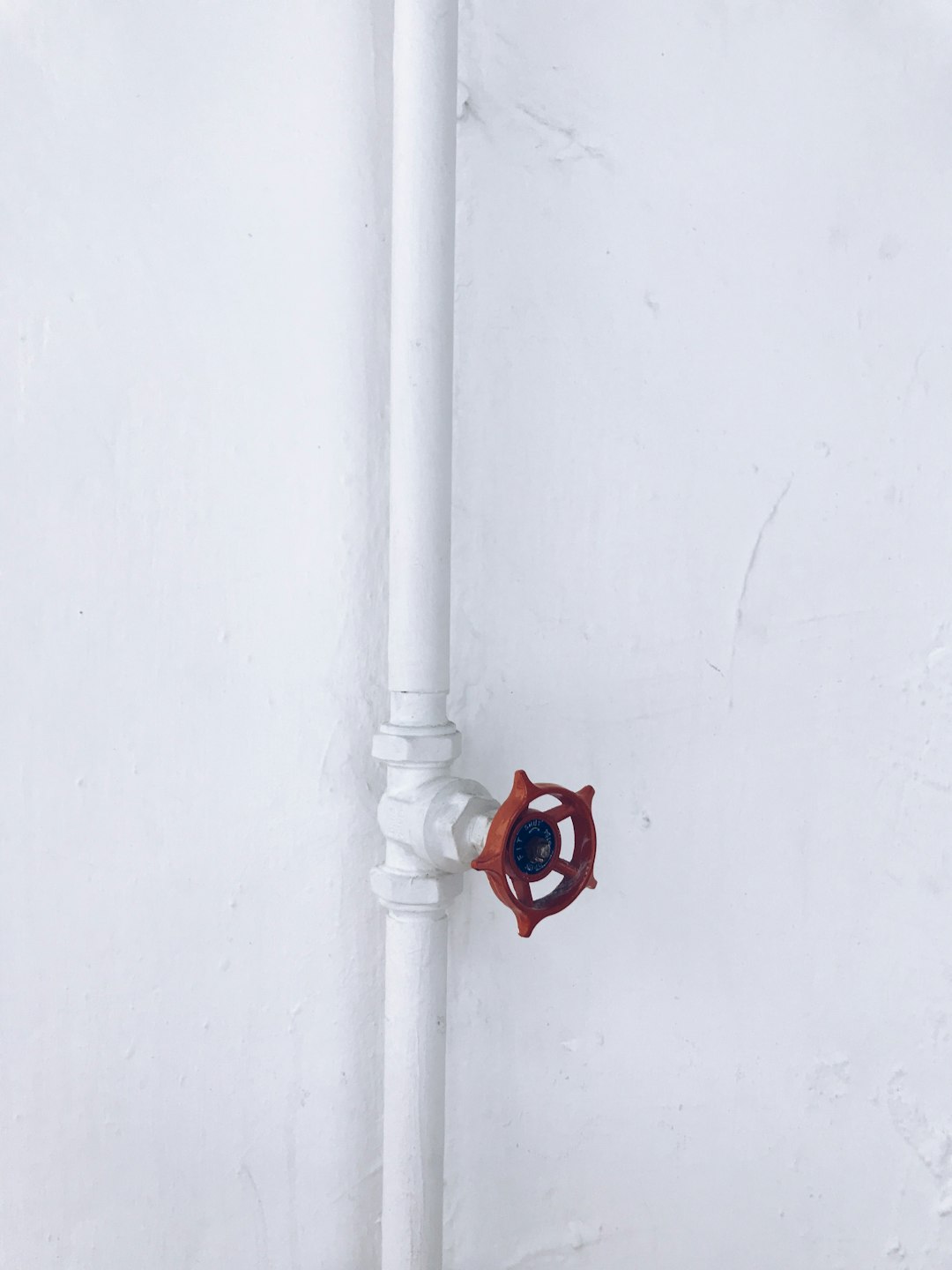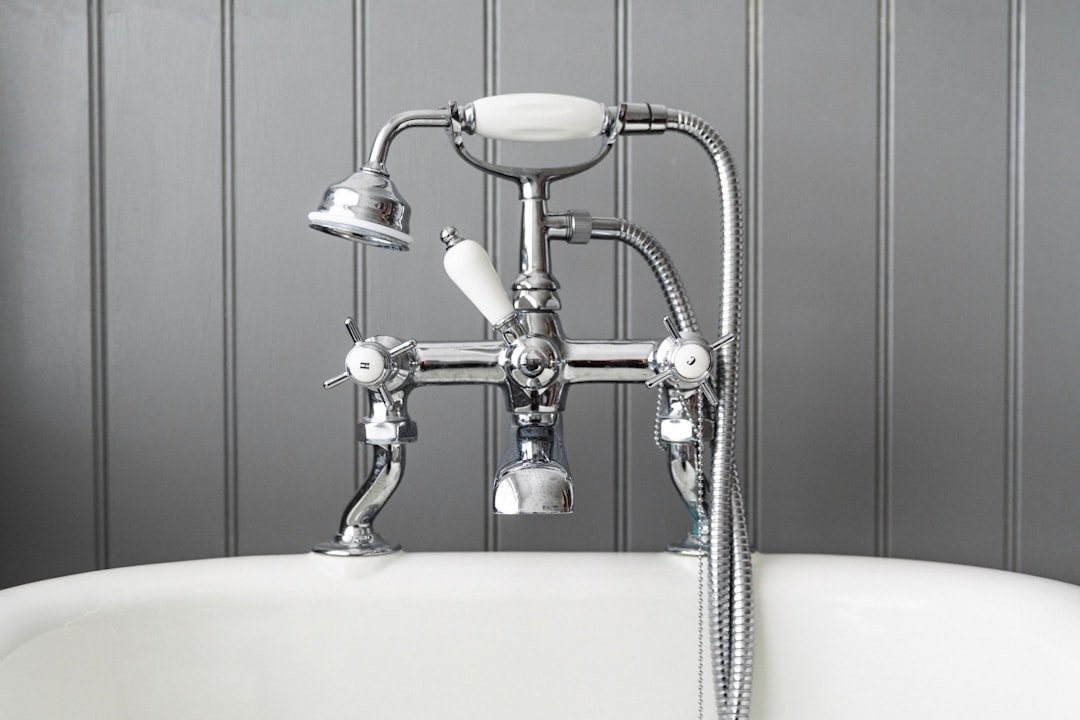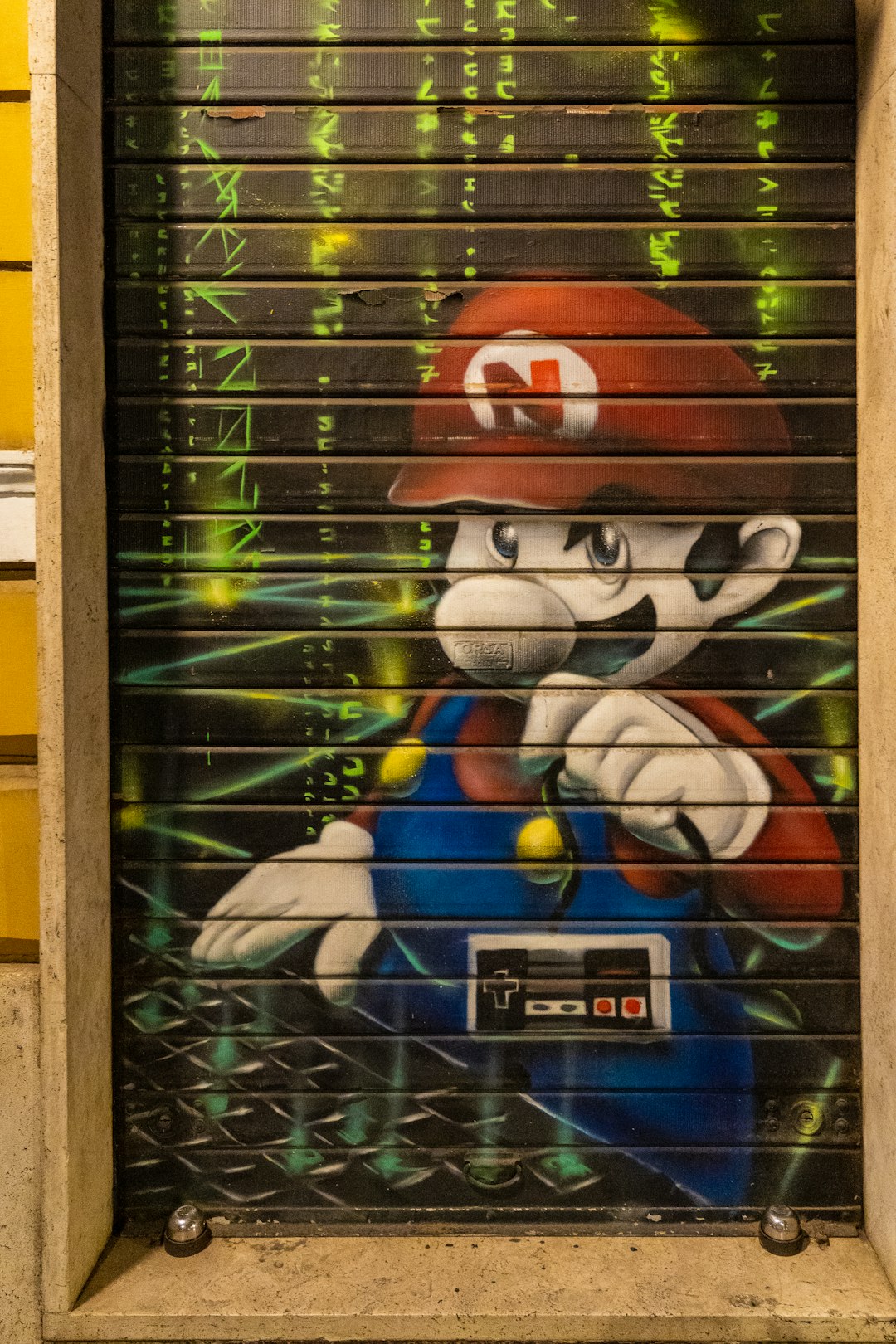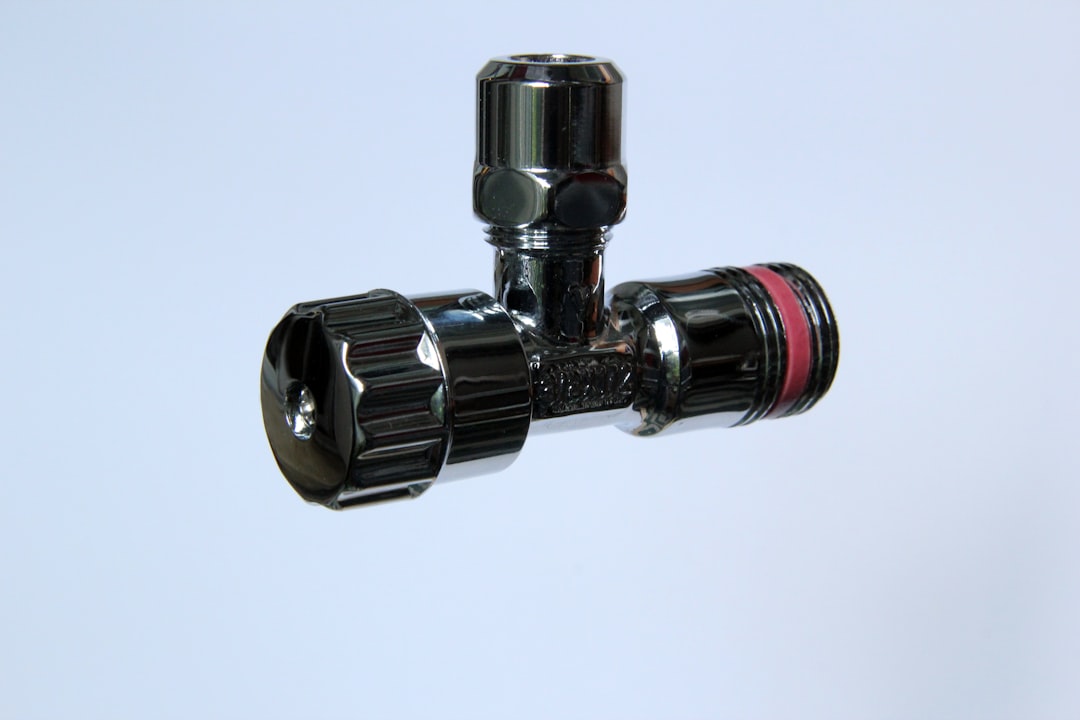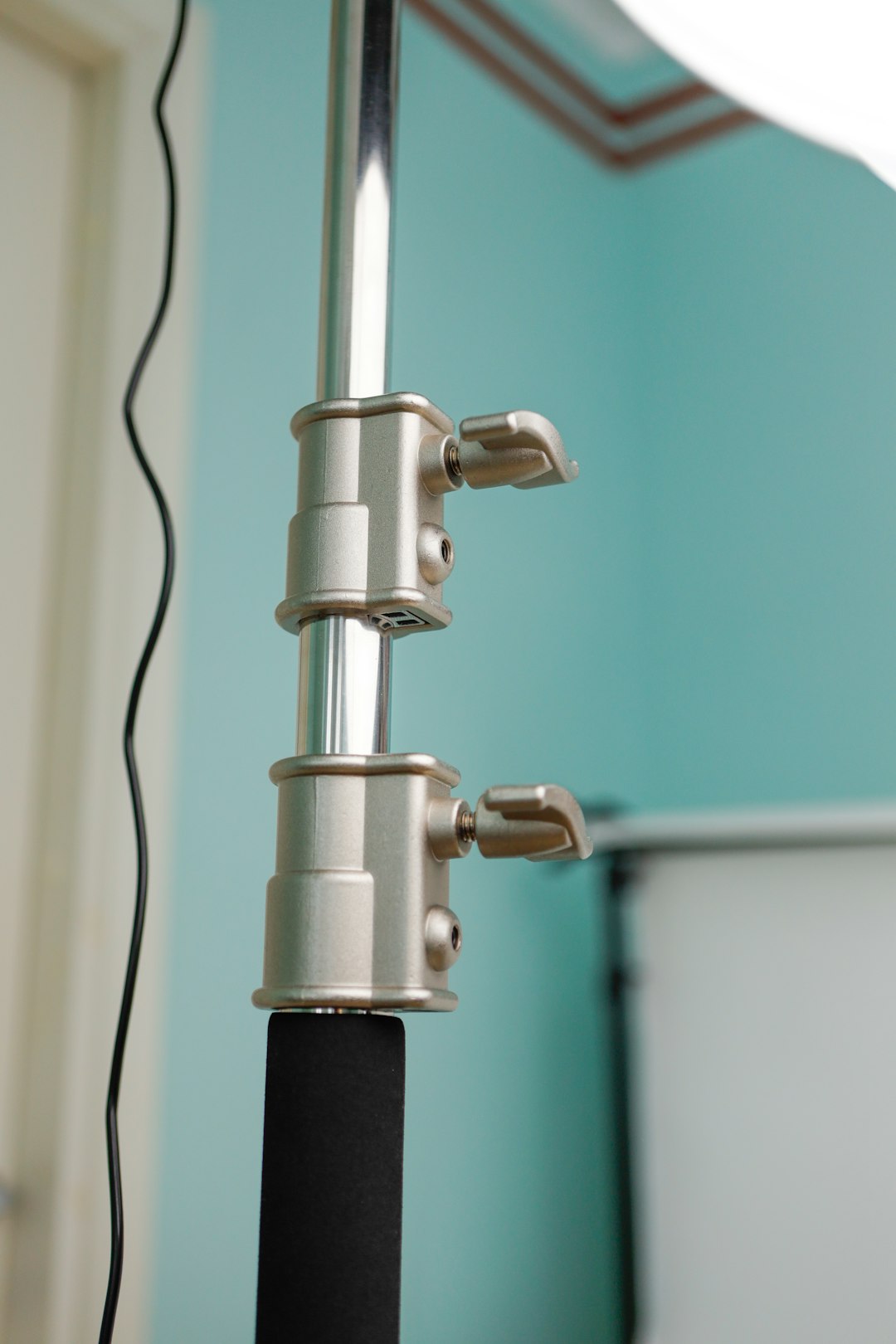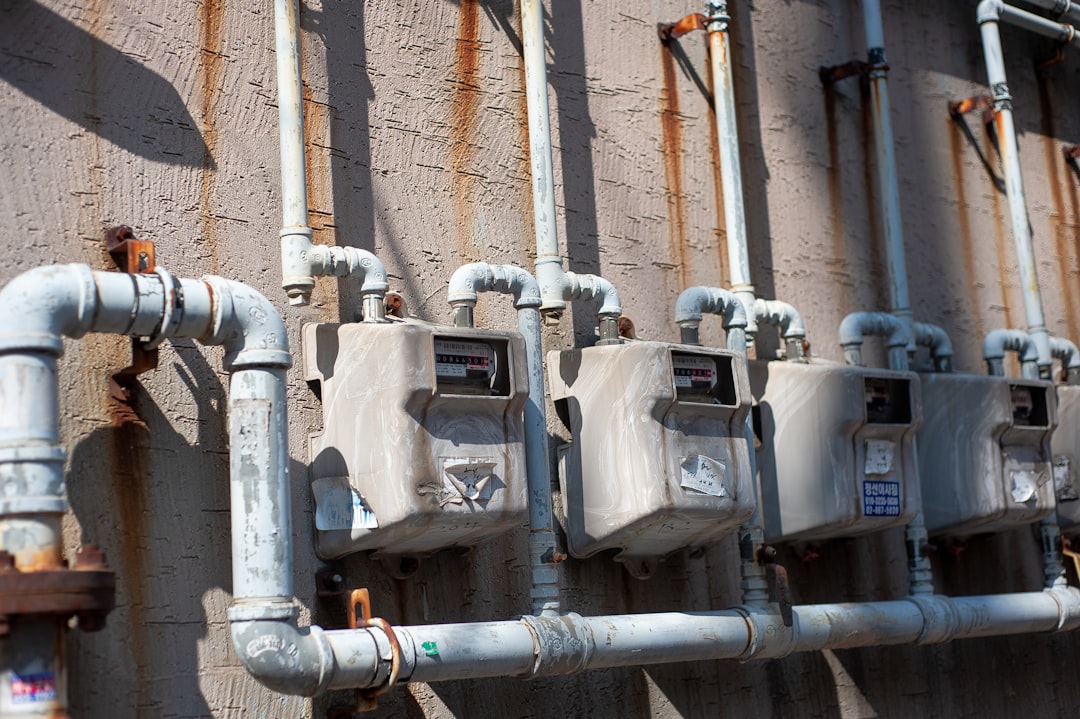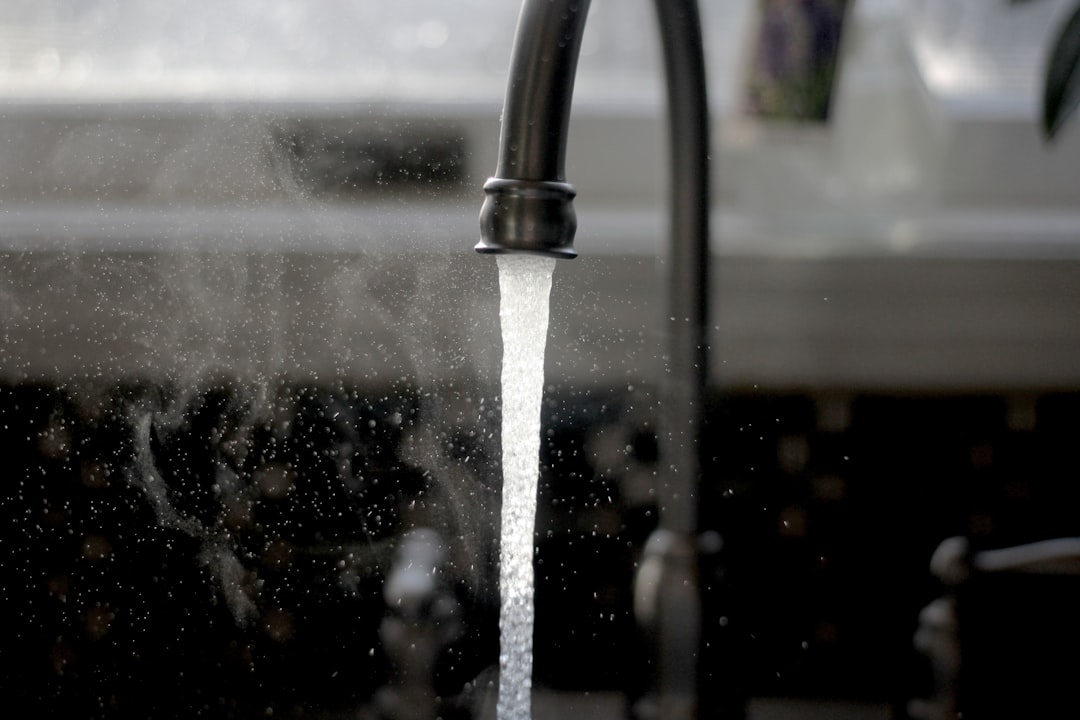Table of Contents
- Introduction
- Inspecting the sump pump for visible issues and signs of malfunction
- Testing the sump pump’s electrical components and float switch
- Clearing any clogs in the sump pit and discharge line
- Replacing faulty parts such as the sump pump motor or switch
- Performing plumbing valve repair or replacement as needed
- Ensuring proper plumbing code compliance for installation
- Scheduling regular plumbing maintenance to prevent future issues
- Providing emergency plumbing service if the sump pump failure leads to flooding
- Conclusion
- Frequently Asked Questions
Introduction
When the relentless rains pour down and basement floods threaten your home, the unsung heroes of plumbing take center stage: sump pumps. These powerful devices are designed to keep water at bay, protecting your space from potential disaster. But what happens when your trusty sump pump fails? Fear not! In this article, we delve into the art of sump pump repair, equipping you with the knowledge to tackle the problem like a pro.
Join us as we explore the fundamentals of sump pump operation, diagnosing common issues, and executing effective fixes. From understanding the anatomy of this vital equipment to mastering troubleshooting techniques, you’ll gain invaluable insights that will empower you to address sump pump malfunctions with confidence. Whether you’re a DIY enthusiast or a homeowner seeking to understand potential issues, this guide is your go-to resource for plumbing wisdom.
Inspecting the sump pump for visible issues and signs of malfunction
Inspecting a sump pump for visible issues is a crucial first step in ensuring its proper functioning. Begin by examining the exterior of the sump pump for any obvious signs of wear or damage. Look for cracks, corrosion, or loose connections, which can indicate potential problems. Next, check the power source to ensure the pump is receiving electricity. A tripped breaker or blown fuse could prevent the pump from operating.
After assessing the exterior, inspect the sump pit itself. Look for excessive debris, which can clog the pump and hinder its performance. Additionally, examine the discharge pipe for any blockages or leaks. Water buildup around the pump can indicate that it is failing to remove water effectively.
Listen carefully for unusual noises when the pump is operating, such as grinding or rattling sounds, as these may signify internal issues. By conducting a thorough inspection, plumbers can identify visible issues and signs of malfunction, helping to determine the necessary repairs or maintenance needed to restore the sump pump to optimal working condition.
Testing the sump pump’s electrical components and float switch
To ensure that a sump pump operates effectively, it is crucial to test its electrical components and the float switch. Begin by unplugging the unit from its power source to avoid any electrical hazards. Next, inspect the power cord for any visible damage or frays. If the cord appears to be in good condition, plug the pump back in and proceed to test the float switch.
The float switch is essential for activating and deactivating the sump pump based on water levels. To test it, manually lift the float switch and observe if the pump turns on. If it does not activate, this may indicate a malfunctioning switch or electrical issue. In cases where the float switch seems stuck or does not respond, cleaning the area around the switch may resolve the problem. Additionally, check for any obstructions in the sump pit that could prevent the float from moving freely. Regular testing of these components is key to maintaining proper functionality and preventing basement water accumulation.
Clearing any clogs in the sump pit and discharge line
Clearing any clogs in the sump pit and discharge line is an essential step in ensuring a sump pump functions properly. First, it is important to turn off the power to the sump pump to prevent any accidents during the cleaning process. Once the power is off, the sump pit should be inspected for debris such as mud, leaves, or other materials that may have accumulated.
Using a wet/dry vacuum can be effective for removing this debris. It is also important to check the discharge line, which carries water away from the sump pump. Blockages in the discharge line can stem from frozen water, dirt, or even tree roots. To clear these clogs, plumbers may employ various methods including using a plumbing snake or high-pressure water jetting. Regular maintenance, such as periodic inspections and cleaning, can prevent clogs from forming and ensure the sump pump is operating efficiently, thereby protecting the home from flooding and water damage. Taking these proactive steps can significantly extend the life of the sump pump.
Replacing faulty parts such as the sump pump motor or switch
When a sump pump fails to operate effectively, one of the common reasons could be faulty parts, such as the motor or the switch. Replacing these components is crucial to ensure the sump pump functions correctly.
First, the plumber will disconnect the power supply to the sump pump to ensure safety. Next, they will access the sump pump by removing the lid from the sump pit. If the motor is found to be malfunctioning, the plumber will detach it from the pump housing, which may involve unscrewing bolts or unhooking wires. The new motor will then be installed by ensuring that all connections are secure and that it fits correctly.
Similarly, if the switch is defective, the plumber will replace it by disconnecting it from the power source and removing the faulty switch. After installing the new switch, they will ensure it is functioning correctly by testing the pump. Regular maintenance and timely replacement of parts can significantly extend the life of the sump pump and ensure effective water removal.
Performing plumbing valve repair or replacement as needed
Performing plumbing valve repair or replacement is a crucial step in maintaining the functionality of a sump pump system. Valves control the flow of water within the plumbing, and issues can lead to leaks or pump failure. When a valve is found to be faulty, whether due to corrosion, wear and tear, or improper installation, a plumber will first shut off the water supply to ensure safety during the repair process.
Once the water is turned off, the plumber will assess the valve to determine if it can be repaired or if it needs complete replacement. If repair is possible, the plumber may tighten connections, replace gaskets, or apply sealant to fix leaks. However, if the valve is beyond repair, the plumber will carefully remove it, ensuring minimal disruption to the surrounding plumbing.
After removing the old valve, the new valve will be installed, taking care to follow the manufacturer’s guidelines for proper installation. Once everything is in place, the water supply is turned back on to check for any leaks or operational issues before concluding the job.
Ensuring proper plumbing code compliance for installation
Ensuring proper plumbing code compliance for the installation of a sump pump is crucial for both safety and efficiency. Local plumbing codes dictate the specifications for design, installation, and maintenance of plumbing systems, which includes sump pumps. Before installation, it is essential to familiarize oneself with these codes, as they can vary significantly from one jurisdiction to another.
A licensed plumber should be consulted, as they are knowledgeable about the relevant codes and can ensure that the sump pump is installed in compliance with local regulations. This includes proper placement in a sump pit, appropriate discharge lines, and securing electrical connections according to safety standards.
Additionally, some regulations may require backflow prevention devices or specific pump capacities depending on the drainage needs. Failure to adhere to plumbing codes can lead to complications such as flooding, property damage, and even legal repercussions.
Overall, compliance with plumbing codes not only protects the property but also ensures that the sump pump operates effectively when it is needed the most.
Scheduling regular plumbing maintenance to prevent future issues
Scheduling regular plumbing maintenance is essential for preventing future issues with your plumbing system. Just like any other part of your home, your plumbing requires routine check-ups to ensure everything is functioning properly. Regular maintenance can help identify potential problems before they escalate into costly repairs. During these scheduled visits, a plumber can inspect crucial components such as the sump pump, pipes, and drains, looking for signs of wear, leaks, or blockages.
By addressing minor issues early, homeowners can avoid the inconvenience of emergency repairs and the associated downtime. Moreover, regular maintenance can enhance the lifespan of plumbing fixtures, ensuring they operate at peak efficiency. Plumbers also have the expertise to offer recommendations based on specific household needs, allowing for a customized maintenance plan.
In conclusion, by prioritizing regular plumbing maintenance, homeowners can save money in the long run and enjoy peace of mind knowing their plumbing system is in good condition.
Providing emergency plumbing service if the sump pump failure leads to flooding
In cases where a sump pump failure leads to flooding, providing emergency plumbing service becomes crucial. Homeowners often find themselves in distress when excess water starts to pool in basements or crawl spaces. Immediate action is necessary to prevent extensive water damage and mold growth. Professional plumbers are equipped to respond quickly, assessing the situation and determining the best course of action.
The first step typically involves shutting off the main power supply to the sump pump to ensure safety. Then, plumbers may remove debris from the sump pit and inspect the pump for any visible damages or blockages. If the pump is irreparable, a temporary pump might be installed to alleviate flooding while a permanent solution is devised.
Additionally, emergency services often include water extraction and drying techniques to mitigate further damage. It’s important for homeowners to know they can rely on expert plumbers who are trained to handle such emergencies effectively, ensuring their property is restored as quickly as possible.
Conclusion
In conclusion, mastering the flow of your sump pump is essential for maintaining a dry and safe home. Regular inspections, testing of electrical components, and timely repairs are crucial steps to ensure your sump pump operates effectively. Plumbers play a vital role in keeping sump pump systems running smoothly, from clearing clogs to adhering to plumbing codes. By scheduling routine maintenance, you can prevent issues before they arise and extend the life of your plumbing fixtures. If you find yourself facing a sump pump emergency, such as flooding, don’t hesitate to seek professional help. Expert plumbers can swiftly diagnose problems and offer solutions to protect your home from water damage. For immediate and reliable plumbing assistance, call 573-555-2121 today to ensure your sump pump is in top shape and your home remains safe from flooding.
